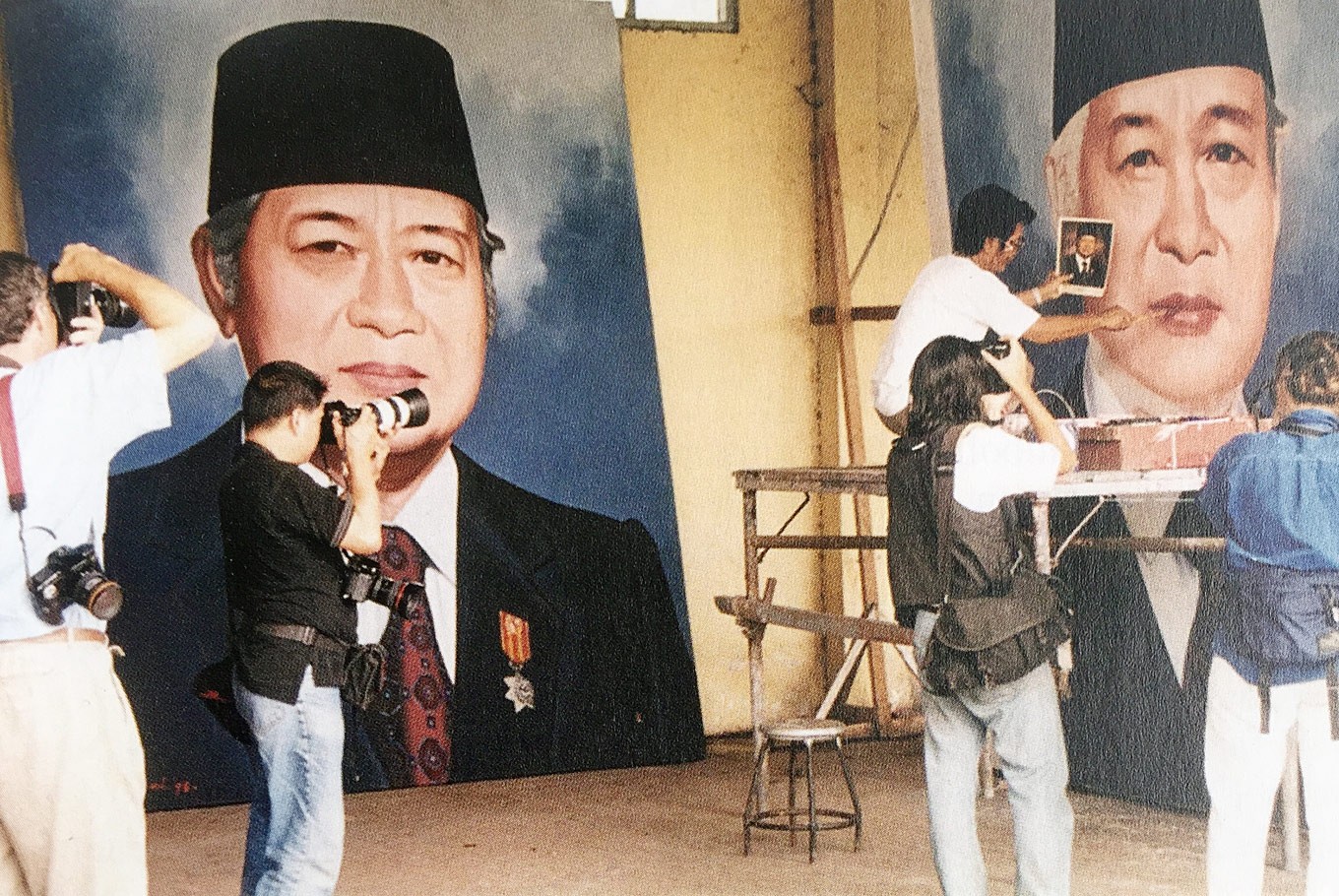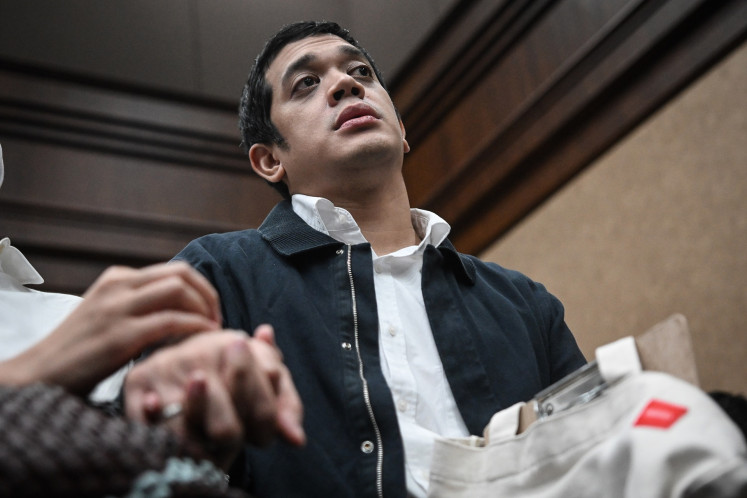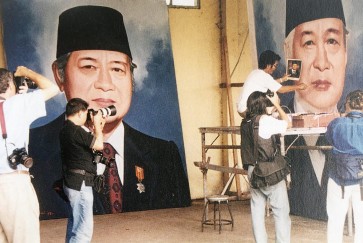Popular Reads
Top Results
Can't find what you're looking for?
View all search resultsPopular Reads
Top Results
Can't find what you're looking for?
View all search resultsRewriting the past, reviving authoritarianism?
In 1971, about three years after Soeharto took office, military historian Nugroho Notosusanto led a project to write the national history book that emphasized the military’s role in “crushing rebellions” while downplaying civilian contributions to safeguarding the state.
Change text size
Gift Premium Articles
to Anyone
In many countries, history has been reshaped to secure ideological loyalty and justify long-term rule.
Indonesia is apparently no stranger to such practices, having seen its own narrative recast through a heavy militaristic lens in the early years of former Army chief Soeharto’s presidency, a move that arguably helped secure his more than three decades in power.
In 1971, about three years after Soeharto took office, military historian Nugroho Notosusanto led a project to write the national history book that emphasized the military’s role in “crushing rebellions” while downplaying civilian contributions to safeguarding the state, historian Asvi Warman Adam said during a focus group discussion at The Jakarta Post office last week ahead of Indonesia’s 80th Independence Day.
Nugroho, who later served as culture minister from 1983 to 1985, also authored a 1968 book framing the kidnapping and murder of six Indonesian Army generals on Sept. 30, 1965, as a coup attempt by the Indonesian Communist Party (PKI), countering the Cornell Paper by Benedict Anderson and Ruth McVey that portrayed the incident as an internal Army conflict, which angered Soeharto and the military.
Calling the 1970s Sejarah Nasional Indonesia (Indonesia national history) as the “militarization of history”, Asvi warned that the pattern of reshaping the past to benefit those in power risks repeating itself, pointing to similar efforts now underway under President Prabowo Subianto, who was once Soeharto’s son-in-law.
Read also: Rewriting the past: Indonesia's new history books spook scholars
Former attorney general and international human rights campaigner Marzuki Darusman voiced concerns about a potential revival of authoritarian practices, noting that Nugroho’s early work helped “pave the way for the 30-year New Order.”



















